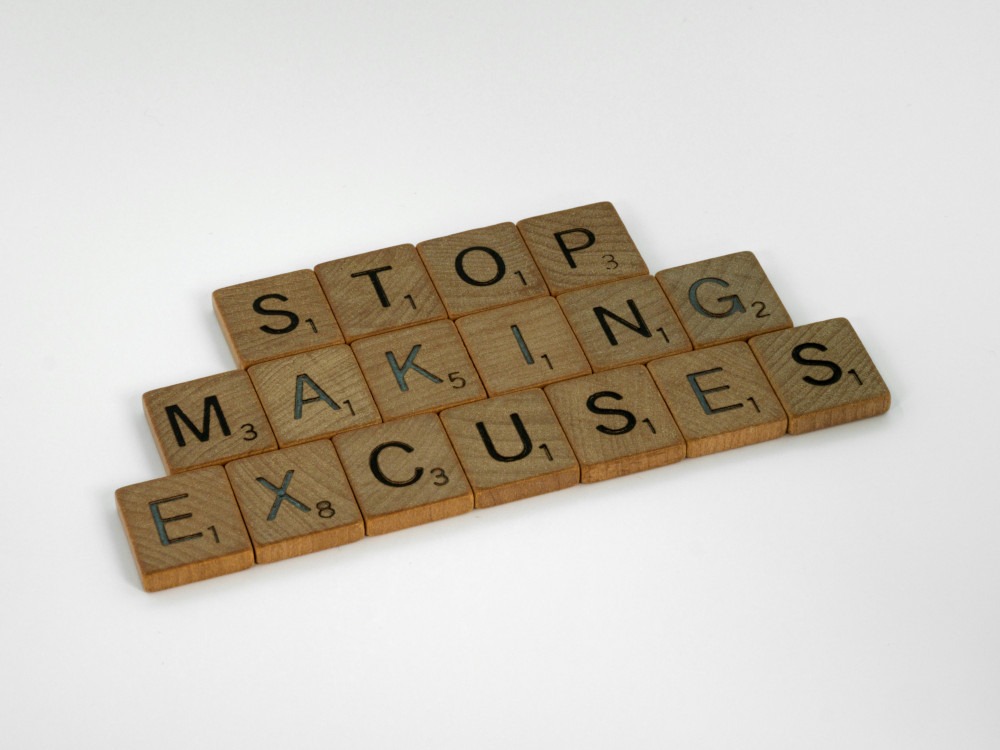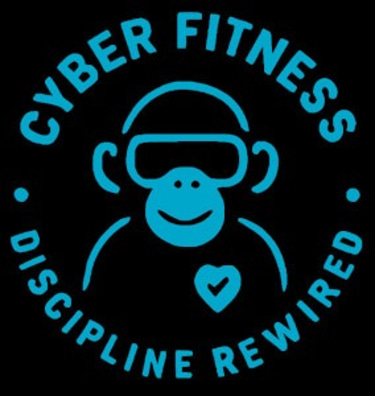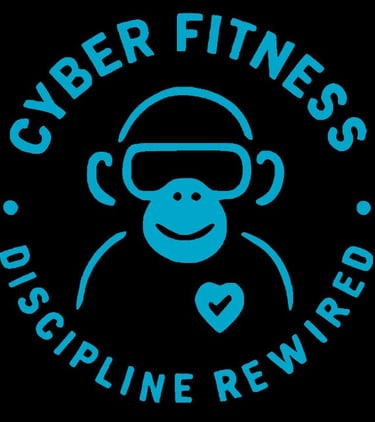You must do the difficult thing.
A raw, honest look at why doing difficult things builds real growth. Learn how discomfort rewires discipline and transforms your mindset from the inside out.


There’s always that moment - usually early, usually before coffee - where you stare at whatever hard thing you said you’d do today and your mind starts whispering the soft, tempting bullshit it knows works on you. “Come on. Skip it. No one will know.” And honestly, if you listen long enough, you’ll talk yourself out of anything uncomfortable. We’re are experts at it. We can turn avoidance into an art form. And honestly, if you listen long enough, you’ll talk yourself out of anything uncomfortable. Procrastination can sound like a well-crafted strategic plan.
But this is the bit most people never figure out: the value isn’t in finishing the hard task. Not really. That’s just the victory lap. The real growth—the rewiring—happens in the middle of the mess, while you’re battling yourself. The task is just the tool. You’re the thing being shaped.
Ryan Holiday makes this point so accurately in The Obstacle Is the Way that it almost feels personal. Marcus Aurelius basically handed him the thesis 2,000 years ago when he wrote, “The impediment to action advances action. What stands in the way becomes the way.” It sounds poetic when you read it on a clean page, but in real life it looks like dragging yourself into the gym for the first time, or sitting down to study when your brain is throwing a tantrum, or finally tackling something you’ve avoided for years because it forces you to face your own bullshit.
That’s where the growth lives. Not in comfort. Certainly not in ease.
I’ve lost count of the mornings I’ve stood at the edge of a hard task - tired, mind foggy, energy at about 3% - and still forced myself to step in. And here’s the kicker: every single one of those moments became a tiny vote for the kind of person I’m trying to be. James Clear talks about this in Atomic Habits, how each action reinforces identity. You’re proving to yourself you can show up when the easy option is right there, warm and inviting.
That identity shift sneaks up on you. You don’t feel it happening in the moment - you’re too busy swearing internally and wondering why you do this to yourself. But afterwards? There’s this sharp, honest clarity that kicks in. That quiet “I didn’t abandon myself today.” You can’t fake that feeling. You can only earn it.
And earning it usually looks like shit. That’s the part people don’t like to talk about.
Even psychologists back this up. Angela Duckworth’s research on Grit shows that long-term success isn’t built on talent or luck but on perseverance through discomfort. That’s the scientific way of saying: stop expecting growth to feel good. It won’t. Not at the start. Not halfway through. And sometimes not even at the end.
But it works.
There’s something primal about voluntarily doing things that suck. And ironically, it prepares you for the stuff you never chose. A study in the Journal of Personality and Social Psychology found that people who faced manageable, moderate challenges throughout life ended up more resilient when big, unexpected problems hit. Basically: choose difficulty now, so you don’t fall apart later.
Which is exactly the spirit behind Cyber Fitness - Discipline Rewired. It isn’t about punishing yourself or performing discipline for an audience. It’s about deliberately stepping into friction because you know it shapes you. You do the hard thing not to suffer, but to sharpen. To grow into someone who can carry the heavier shit life eventually dumps on you.
And yeah, applying this in real life doesn’t require you to turn into some robe-wearing Stoic monk who eats lentils and stares at walls. It’s much simpler and much more annoying.
Pick one difficult thing. One. Something you’ve been avoiding because it exposes the weak spots you’d rather pretend aren’t there. Make it non-negotiable. Do it without waiting for motivation to arrive - because it won’t. Motivation shows up after you start, not before.
You don’t need the perfect conditions. You don’t need to optimise it. You don’t need gear or a plan or a notebook with a motivational quote plastered across the cover. Just begin. Messy. Reluctant. Slightly pissed off, even.
The resistance will roll in immediately. You’ll feel it in your chest, your shoulders, that weird heavy feeling sitting just under your jaw. You’ll hear every excuse you’ve polished over the years: too tired, too busy, too sore, too late, too early, too overwhelmed, too something. That’s the doorway. When you walk through it - when you do the hard task anyway - that’s where the identity shift happens.
And here’s the part I keep coming back to: you never regret having done the hard thing. You only ever regret avoiding it. Before the task, everything feels like dragging concrete. After the task, everything feels cleaner. Sharper. Like you’ve cleared space in your head.
The contrast is wild. Before you start, you’ll think, “Why am I like this?” After you finish, it’s more like, “Alright… maybe I’m not completely useless after all.” That tiny shift in self-talk is growth. Sounds small. Isn’t small.
Then you repeat it tomorrow. And the next day. Slowly increasing the difficulty, like progressive overload but for your brain. No fanfare. No dramatic montage. Just quiet, repetitive defiance against your own laziness.
That’s the truth most people don’t want: you’re not designed to float through life. You’re not built for zero-friction living. When everything is soft and predictable, you get softer and more predictable right along with it. But when you willingly step into difficulty, little by little, you build resilience the same way muscles build under weight.
Every hard task you complete is proof. Proof that you can handle discomfort. Proof that you don’t fold when things feel inconvenient. Proof that you’re becoming someone stronger, steadier, clearer. You don’t need a perfect plan. You just need reps in discomfort.
So do the hard thing. Not for the gold star. Not for the aesthetic of discipline.
Do it because the hardest parts are where you finally meet the version of yourself you’ve been trying to grow into.
Where to start?
If you’re wondering where to start, don’t overthink it. Pick one thing that’s been hanging over you – the email, the study session, the uncomfortable conversation - and commit to doing it today, not tomorrow. Don’t wait for motivation. Don’t wait to “feel ready.” You won’t. Start with something small but uncomfortable enough to make you hesitate for a second. That hesitation is your doorway. Step through it. Prove to yourself, even in the smallest way, that you can choose the harder path on purpose. That’s how discipline rewires itself - one honest, gritty, uncomfortable rep at a time. Start now, and let today be the day you finally take a big step toward who you want to be.


